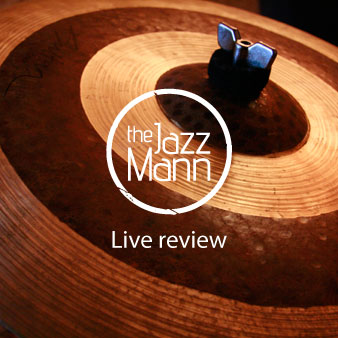History is commonly regarded as an attempt to produce a structured account of the past. It proclaims to tell us what really happened, but in most cases it fails to do that. Instead it is set to conceal our shame, to hide those various elements, events, incidents and occurrences in our past which we cannot cope with. History, therefore, can be regarded as a system of concealment. Accordingly, the role of the true historian is similar to that of the psychoanalyst: both aim to unveil the repressed. For the psychoanalyst, it is the unconscious mind. For the historian, it is our collective shame.
Yet, one may wonder, how many historians really engage in such a task? How many historians are courageous enough to open the Pandora Box? How many historians are brave enough to challenge Jewish History for real? How many historians dare to ask why Jews? Why do Jews suffer time after time? Is it really the Goyim who are inherently murderous, or is there something unsettling in Jewish culture or collectivism? But Jewish history is obviously far from being alone here: every people’s past is, in fact, as problematic. Can Palestinians really explain to themselves how is it that after more than a century of struggle, they wake up to find out that their current capital has become a NGO haven largely funded by George Soros’ Open Society? Can the Brits once and for all look in the mirror and explain to themselves why, in their Imperial Wars Museum, they erected a Holocaust exhibition dedicated to the destruction of the Jews? Shouldn’t the Brits be slightly more courageous and look into one of the many Shoas they themselves inflicted on others? Clearly they have an impressive back catalogue to choose from.
The Guardian vs. Athens
The past is dangerous territory; it can induce inconvenient stories. This fact alone may explain why the true Historian is often presented as a public enemy. However, the Left has invented an academic method to tackle the issue. The ‘progressive’ historian functions to produce a ‘politically correct’, ‘inoffensive’ tale of the past. By means of zigzagging, it navigates its way, while paying its dues to the concealed and producing endless ad-hoc deviations that leave the ‘repressed’ untouched. The progressive subject is there to produce a ‘non- essentialist’ and ‘unoffending’ account of the past on the expense of the so-called ‘reactionary’. The Guardian is an emblem of such an approach, it would, for instance, ban any criticism of Jewish culture or Jewishness, yet it provides a televised platform for two rabid Zionist so they can discuss Arab culture and Islamism. The Guardian wouldn’t mind offending ‘Islamists’ or British ‘nationalists’ but it would be very careful not to hurt any Jewish sensitivities. Such version of politics or the past is impervious to truthfulness, coherence, consistency or integrity. In fact, the progressive discourse is far from being ‘the guardian of the truth’, it is actually set as ‘the guardian of the discourse’ and I am referring here to Left discourse in particular.










